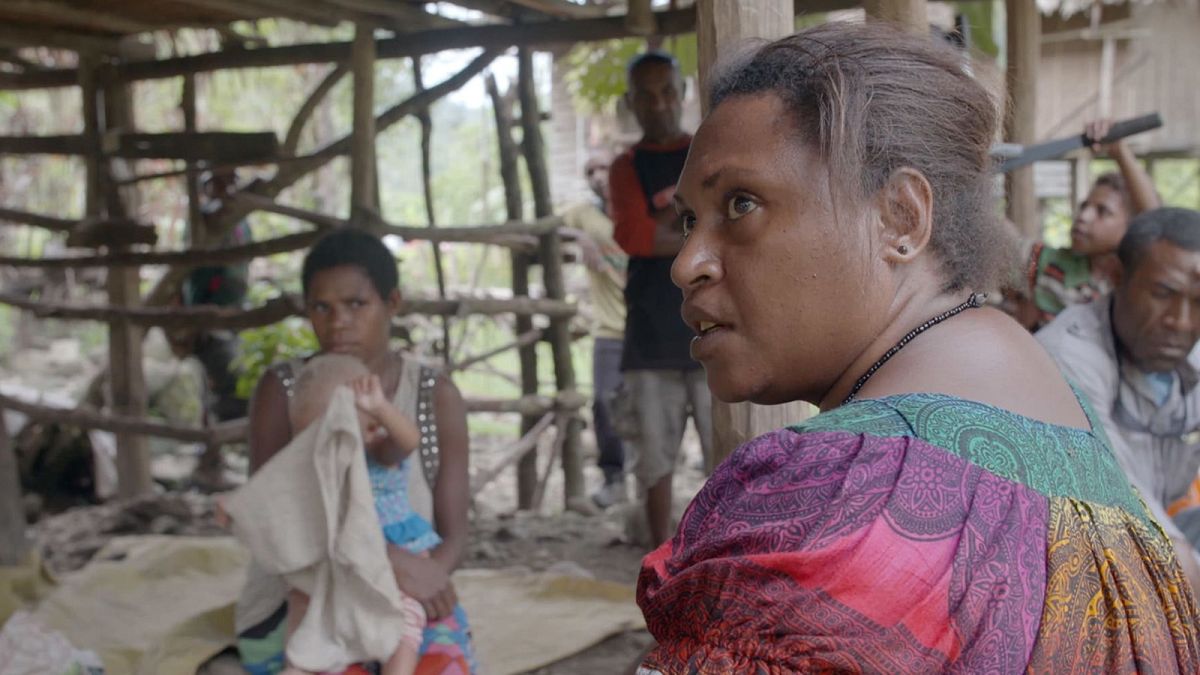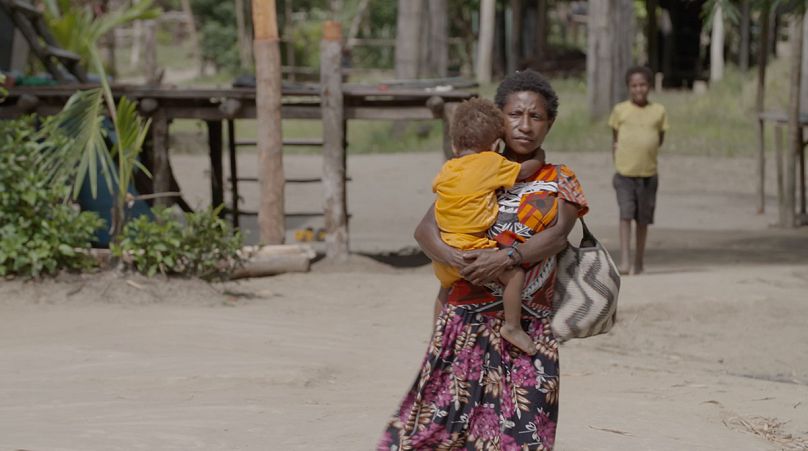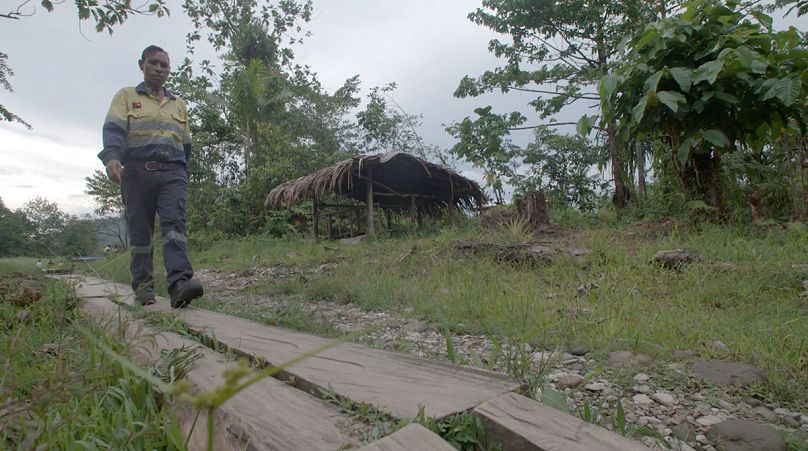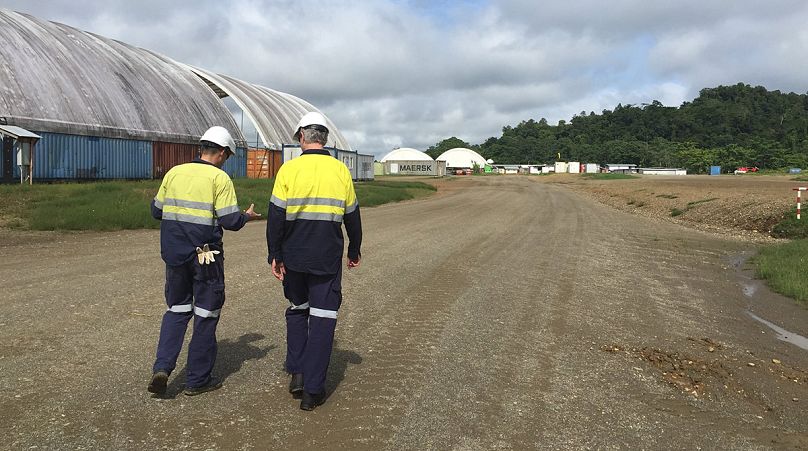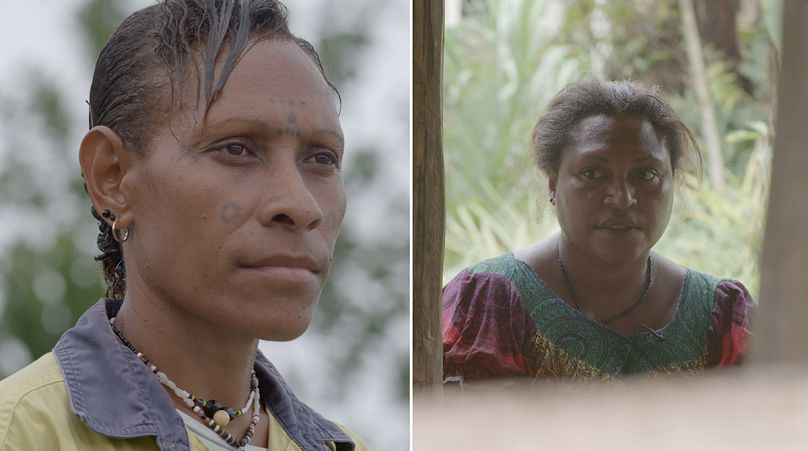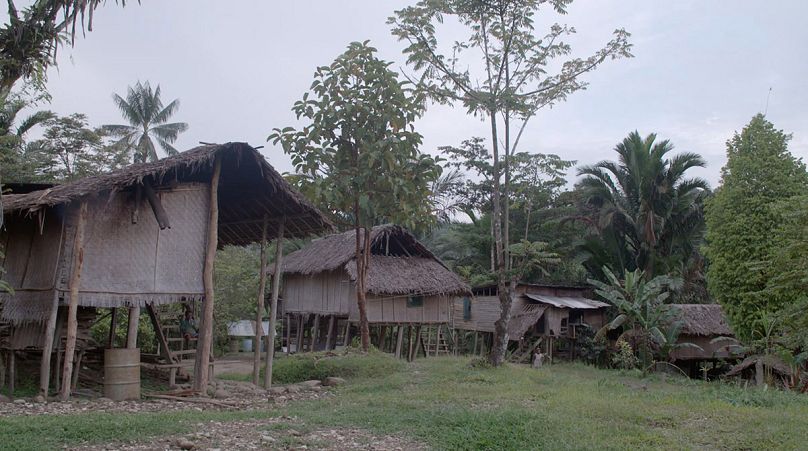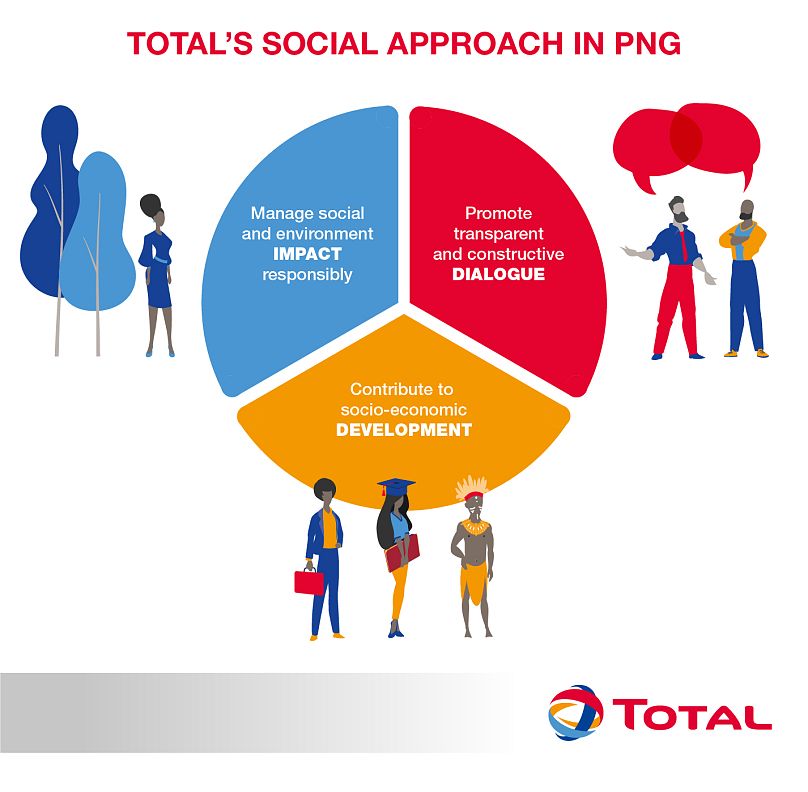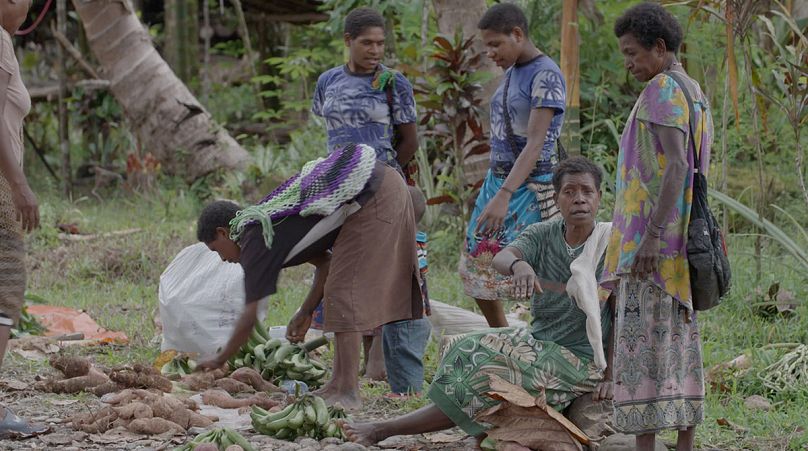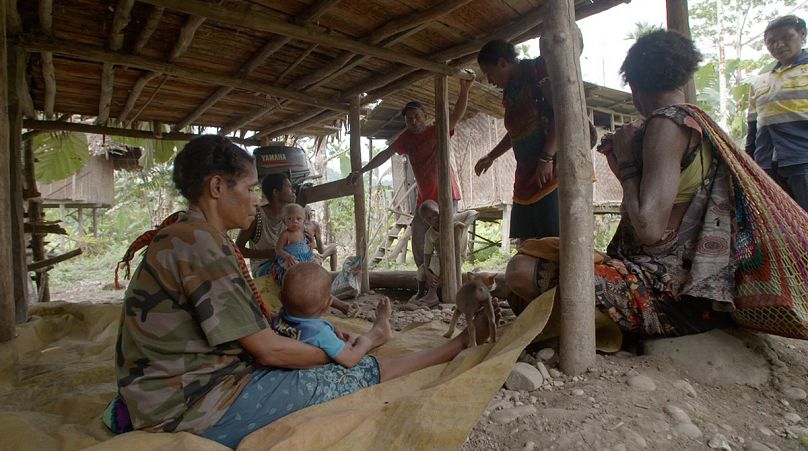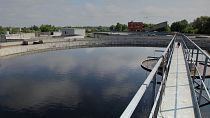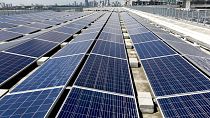Valorization of natural resources can be a decisive contributor to the improvement of the living conditions in developing countries. Striking a balance, between realizing those resources and protecting the fragile environments and communities already there, is a major challenge.
In a remote area of Gulf Province Total operates block PRL-15 aimed at producing gas for the Papua LNG Project. That LNG project, the second biggest in the country, comprises the construction of well pads, a pipeline and liquefaction trains in partnership with Oil Search and ExxonMobil.
About 13,000 people live scattered across 39 villages over 2,700km2 (4.5 inhabitants/km2). They speak seven completely different languages. There are no roads and the numerous rivers crossing the area are the main communication means. The land has been handed down generation-by-generation for thousands of years through a tumultuous history of conflicts and migrations. The bond to the land is, as in all Melanesian cultures, uniquely strong. Land comes from the ancestors it is traditionally inalienable and unassignable, often representing the only wealth people have.
STAKEHOLDER RELATIONSHIP MANAGEMENT
“We want to get it right in countries where we operate,” says Jeremy Roeygens, Director Permitting, Social, Environment and National Content Total E&P in PNG, “If we want acceptability we have to listen and regularly adapt our approach.”
“Research shows 73% of risks on a project are non-technical, often human or environment type risks. If you want a project to succeed, you have to accept to be challenged by the host communities. You may believe that your vision is right once and for all, until you discover that your stakeholders have a different understanding or change their views. Which is where the Stakeholder Relationship Management (SRM+) tool comes in,” he says.
In August 2015, when Total E&P PNG Limited took over, the social team undertook a series of assessments to understand the quality of the relationship between local people and the previous operator. SRM+ analyzes where gaps exist and provides recommendations as to how to address them.
For transparency the SRM+ assessment in PNG was carried out by external consultants, who undertook 30 interviews in the field. They compared the internal vision of the company to the external vision of the stakeholders. This concluded in a set of recommendations and actions to fix the gaps.
“In addition, we produced 33 reports just for the baseline phase and a thorough social impact assessment as well as a human rights impact assessment in partnership with the Danish Institute for Human Rights,” Roeygens explains. “That was a landmark for transparency, the first PNG human rights assessment ever to be published online.” The deployment of specific social tools, regular stakeholder engagement and the development of social studies ensure a thorough review of company’s positioning.
OPEN LINES OF COMMUNICATION
At the end of 2016 Total held road shows in PNG’s capital, Port Moresby, and out in the communities, to inform and consult the public on the scope of the studies and their goals. “It’s a good initiative, it keeps you better informed, it’s not been practised by the other companies that have projects in PNG, especially in the oil and gas sector,” says Chris Haveita, the Governor of Gulf Province.
As a result of this early-stage consultation, PNG’s Conservation and Environment Protection Authority described Total’s approach as “a benchmark for other projects”.
Since the start of operations there have been more than 2,800 engagements between stakeholders.
Grievances are a priority. “It’s vital for the local people to be able to voice their concerns about the project,” says Roeygens.
Complaints are recorded and elaborated on, there is no signing off on complaints until questions are resolved. Different levels of mediation are triggered until the case is resolved to the satisfaction of the concerned party. “It’s a good thing, it means the population feels secure enough to raise issues with us”, he smiles.
Deep-rooted inequalities between women and men in PNG present major social challenges. The Danish Institute for Human Rights report highlighted the need for an inclusive social approach, particularly with regards to gender and security issues. As a result, local women now work as Community Liaison Officers and dedicated female focus groups are an ongoing priority.
Total Community Liaison Officer, Lucy Soho, is seeing significant changes in the way women are interacting as the project progresses since she was recruited, “The females wouldn’t come into the office when men alone were in the office. Due to the customs we’ve got,” she explains, “I am in the office now so females come and talk freely to me.”
Problems raised, and solved, at local level.
TOTAL’S MAIN ENGAGEMENT PRACTICES IN PNG
- A robust grievance mechanism.
- Quarterly public forums using a third-party facilitator.
- Election of women and men by their own communities as Village Liaison Officers.
- The ‘Tok Save Letter’ newsletter issued regularly in local languages.
- Quarterly meeting, at provincial government level, of the Gulf Province Working Group.
- An anonymous and confidential free hotline for people wishing to engage.
STRIKING A BALANCE
Total’s commitment to communities is changing the landscape in which it works, but it is a delicate balance. Becoming over-involved could encourage over-reliance. Picking which projects to engage with is a painstaking process, supported by a range of stakeholders at local, national and international level.
Realizing the importance of the staple crop sago and the margins of potential improvement in production, Total decided to offer logistics support to the company representing local communities in the domain. This indirect involvement aligns with the values Total wants to pursue in social performance, especially to act as a catalyst for local economic development.
Traditional production of sago is labour-intensive and inefficient. The back-breaking, time-consuming work is done mainly by women, which often means girls are kept out of school.
“It’s a very deprived and remote environment, but we simply cannot say yes to everything. Which is precisely why we must have different types of engagement, a facilitator role avoids creating reliance on us,” Roeygens explains. “With the machinery to mill sago supplied to the local women by the community representative company and the logistic support provided by Total through the barges commonly used by the operations, it’s now being sold in Port Moresby. That’s real empowerment with limited reliance on the company.”
Another way to nurture social development is to identify potential partners for projects and create a link between the relevant stakeholders, at Kapuna Hospital that turned out to be the Australian Government's official overseas aid program – Incentive Fund under the AusAID program.
MITIGATING IMPACT LONG TERM
Gone are the days when multinationals rolled into town and simply took over. A sustainable model which respects local habits and customs forms strong long-term relationships between stakeholders, as well as supporting the company’s profile.
It’s a strategy that goes far beyond the financial. “Support to governance, access to energy, education and healthcare are all areas we didn’t hesitate to engage in by acting as a facilitator,” says Roeygens, “Making smart use of our presence and our human and logistics resources.”
The goal in PNG is to remain in partnership with local communities, government authorities and NGOs across the lifetime of the LNG project.
“It’s a process in constant evolution. We are always adopting new ways to engage with communities and strengthening relationships,” concludes Roeygens, “PNG is described by its own Government and Tourist Authority as “The Land of the Unexpected'' and I couldn't agree more, it’s a never-ending process of adaptation. It doesn’t mean it’s easy but that’s exactly as it should be.”
